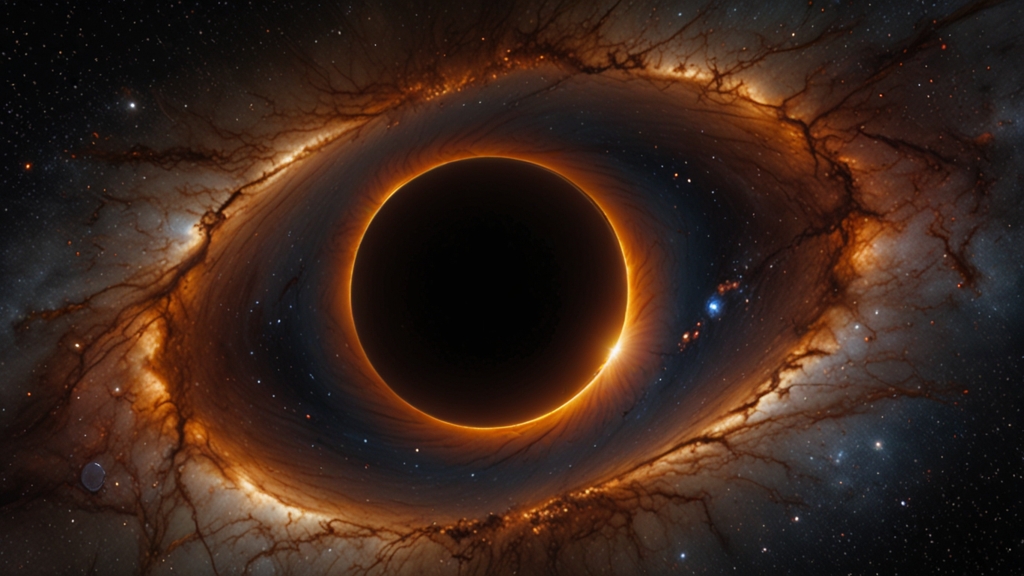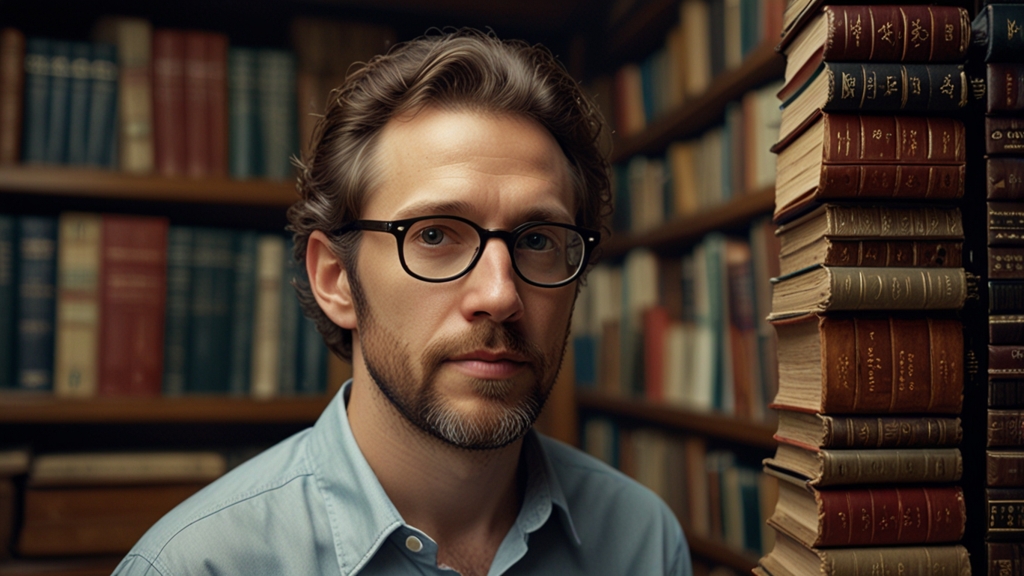Exploring the Limits of Knowledge: An Epistemological Odyssey
From the dawn of human civilization, individuals have been driven by a relentless pursuit of knowledge. Philosophers, scientists, and thinkers across ages have wrestled with critical questions: What can we know? How do we acquire knowledge? Are there limits to what we can understand? These inquiries form the bedrock of epistemology – the philosophical study of knowledge. This article embarks on an odyssey through the concepts and theories that address the boundaries of human understanding.
The Quest for Certainty
At the heart of epistemology lies the quest for certainty. The ancient Greek philosopher, Socrates, famously declared that he knew nothing, highlighting the inherent limitations of human knowledge. This acknowledgment set the stage for classical debates on whether certain knowledge is attainable. Plato, Socrates’ student, proposed the theory of Forms, suggesting that true knowledge could only be related to these perfect, unchangeable entities.
"True knowledge exists in knowing that you know nothing." - Socrates
Fast-forward to the seventeenth century, René Descartes' philosophical method of radical doubt questioned everything that could be doubted, ultimately concluding that the only certainty was the existence of the self as a thinking entity: "Cogito, ergo sum" – I think, therefore I am. While Descartes sought indubitable knowledge, his method underscored the significant challenges in establishing certain, universal truths.
Empiricism versus Rationalism
The epistemological landscape is rich with debates, prominent among which is the contention between empiricism and rationalism. Empiricists, such as John Locke and David Hume, argue that knowledge originates from sensory experience. Locke’s notion of the mind as a "tabula rasa" (blank slate) upon which experiences leave imprints highlights the importance of empirical evidence in knowledge acquisition.
In contrast, rationalists like Descartes and Immanuel Kant believe that reason and innate ideas are the primary sources of knowledge. Kant introduced the concept of the synthetic a priori – knowledge that is both derived from pure reason and informed by empirical input. This synthesis attempted to bridge the gap, but also exposed the complexities involved in delineating the sources and limits of human understanding.
The Problem of Induction and Scientific Knowledge
One of the critical issues in epistemology is the problem of induction, famously highlighted by Hume. Inductive reasoning assumes that future events will resemble past ones – an assumption without empirical justification. This underpins much of scientific knowledge, which relies on generalizations from specific observations. Karl Popper's philosophy of science addressed this by proposing falsifiability as a criterion for scientific theories, suggesting that while we may never achieve absolute certainty, scientific knowledge progresses through conjectures and refutations.
"The fact that induction cannot be logically justified has its foundation in the very nature of the act of induction." - David Hume
Constructivist and Pragmatist Perspectives
Modern epistemology also explores constructivist and pragmatist perspectives, which challenge traditional notions of objective knowledge. Constructivism, espoused by thinkers like Jean Piaget and Thomas Kuhn, posits that knowledge is constructed by individuals or societies, influenced by historical and cultural contexts. Kuhn’s paradigm shifts in scientific knowledge illustrate how prevailing theories can fundamentally change, suggesting a fluid and dynamic nature of knowledge.
Pragmatism, advanced by philosophers such as William James and John Dewey, emphasizes the practical consequences of ideas as the basis for their truth and value. Pragmatists contend that knowledge is not a static entity but evolves through human action and experience, highlighting a flexible approach to understanding that adapts to context and utility.
Conclusion: The Infinite Horizon
Exploring the limits of knowledge reveals a landscape of profound complexity and perpetual inquiry. While human understanding may encounter boundaries, these limits also inspire curiosity and the continual quest for deeper insights. The epistemological odyssey, far from reaching a final destination, opens new vistas, encouraging us to reflect on our assumptions and remain cautious of claiming absolute certainty. As we navigate the uncharted territories of knowledge, embracing the interplay of skepticism, reason, and experience, we persist in the timeless journey to understand the world and our place within it.
"To know, is to know that you know nothing. That is the meaning of true knowledge." - Socrates










